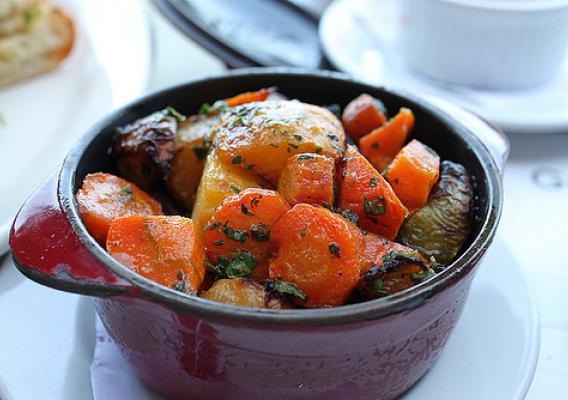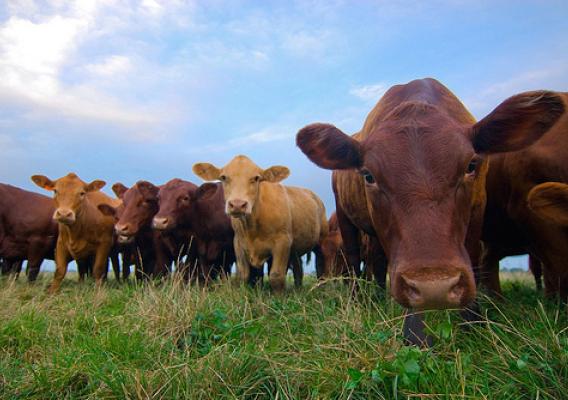Hello, I’m Dr. Karen James-Preston. I’m work for USDA’s Animal and Plant Health Inspection Service, or APHIS, as Director of the Veterinary Services’ National Center for Import and Export, Animal Products. My staff and I work every day to make sure animal products are safely imported into the United States. We also work to facilitate the export of animal products to other countries. My job is fulfilling because I’m part of the team that’s protecting the domestic livestock and poultry population from disease, as well as helping our agriculture industry move products abroad.
My path to becoming a veterinarian was non-traditional, to say the least. My undergraduate degree is actually in Art Education. Even though my plan for college was math, I somehow ended up in the art department. While I was at Howard University, I got my first pet, a toy poodle named Oatmeal. After a while, my friends asked why I didn’t want to become a veterinarian… and I didn’t have a good answer. Now I wasn’t a great artist, so I decided to pursue a veterinary career. I needed additional science courses to get into vet school, but luckily I was able to take those classes at University of Maryland and get into the vet school at Tuskegee, Alabama.





